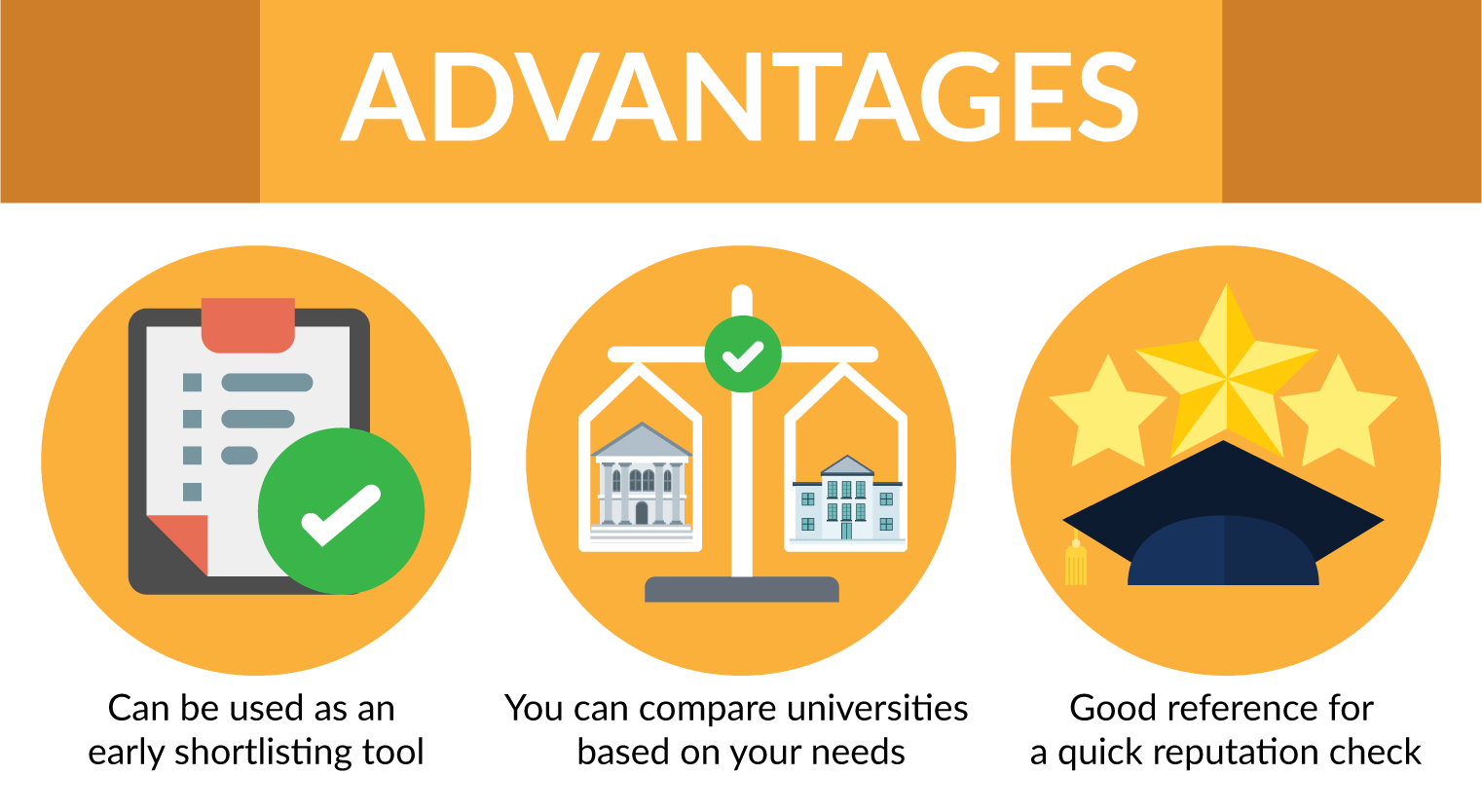When students start their journey toward studying abroad, one of the first things they come across is university rankings. Countless websites offer global rankings, and everyone seems to talk about the “top 100 universities” or the “best universities for your major.” It’s easy to see why rankings get a lot of attention: they give quick answers, offer comparisons at a glance, and help simplify the search. But are rankings really as important as they seem? Should they be the deciding factor when you pick a university in another country?
The truth is, while rankings can provide some broad insights, they often don’t tell the whole story—and relying on them too much can lead you away from the university experience you truly want. The right university for one person may not be the perfect fit for another, no matter its place on a list.
At this point, it’s helpful to consult experienced study abroad consultants. These professionals understand what different universities have to offer beyond a simple rank or score. They can guide you in finding a university that aligns with your personality, career goals, and budget. A good consultant will encourage you to look deeper than the numbers—helping you uncover everything from campus culture to job placement rates, financial aid, and even how international students are supported.
There’s no denying that rankings have some advantages. They are easy to find and help narrow down a huge pool of universities, especially for students who are just starting their research. If you only want to see which schools are considered “excellent” in teaching or research, rankings can be a good place to begin.
However, here’s what rankings may not show:
- Individual program strength: A university may be world-famous overall but not particularly strong in your chosen field. Sometimes, a university that’s lower overall in rankings might have a top-rated course or department that fits your ambitions perfectly.
- Student experience: Rankings usually don’t factor in things like student happiness, extra-curricular activities, support for international students, or work placement programs. These can hugely affect your time abroad.
- Costs and scholarships: High-ranked universities tend to be more expensive, and their scholarship competition is fierce. A slightly lower-ranked university may be more affordable and still offer a quality education.
- Cultural fit: The numbers don’t tell you what it feels like to live on campus, the size of the student body, or how welcoming the city is.
Instead of letting a list decide your future, treat rankings as just one piece of the puzzle. Here are other critical questions to ask when choosing a university:
- Does the university offer the major or specialization you want?
- Are the professors and teaching style aligned with how you learn best?
- Does it have partnerships with companies for internships and jobs?
- What is the size of the campus, and does it offer clubs, sports, or communities you want to join?
- Is there a strong support network for international students?
- How much will it realistically cost—with tuition, living expenses, and travel factored in?
- Are there scholarships or work opportunities available to ease the financial burden?
These questions are just as important as where a university falls on a ranking list. Sometimes institutions not at the very top have stronger, more personal student support or better opportunities in your area of interest.
Many students who choose universities based only on rank later discover challenges they weren’t expecting. For instance, the academic pressure might be extreme at highly-ranked schools, or all the courses are taught in a way that doesn’t fit their learning style. Others find that smaller, lesser-known universities have closer-knit communities, more approachable faculty, or excellent research opportunities in their chosen field.
That’s why speaking to current students or recent graduates can be eye-opening. They share real experiences about daily life, you’ll hear about the good and the bad, and get a better sense of what you might expect.
Think of rankings as a map, not the destination. Start with them to get to know the landscape, but don’t let them dictate your every move. Use them to create a shortlist, and then dig deeper:
- Visit university websites and read program details.
- Contact admissions offices to ask about support for international students.
- Participate in webinars or virtual campus tours.
- Connect with students through online forums or social media.
- Ask study abroad consultants for their expert insight and personal advice.
Do rankings really matter? They matter, but not as much as you might think—and they certainly shouldn’t be the only thing you use to choose your university abroad. Your personal, academic, and career needs are unique, and the right campus for you could be somewhere you hadn’t even considered.
The best decisions are made when you use rankings as a starting point, but weigh everything else that makes a university right for you: location, student life, support, affordability, and career pathways. And remember, you don’t have to make this decision alone—there’s help available every step of the way.
Ready to explore your options? Talk to an expert, get honest answers, and start your study abroad journey with confidence.
